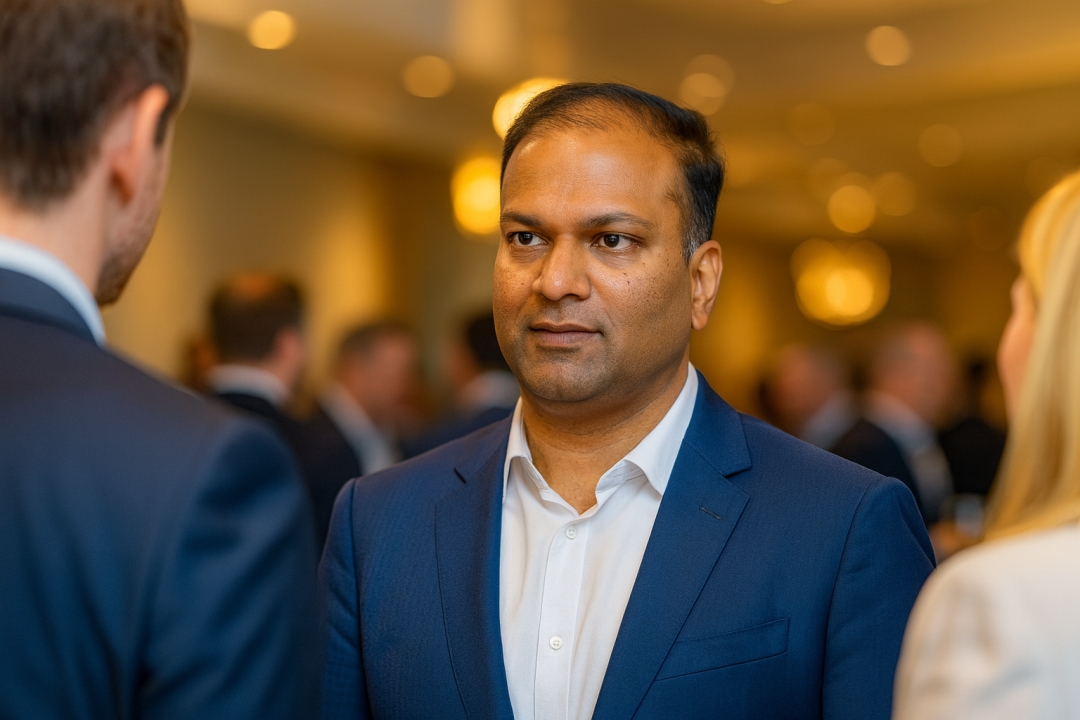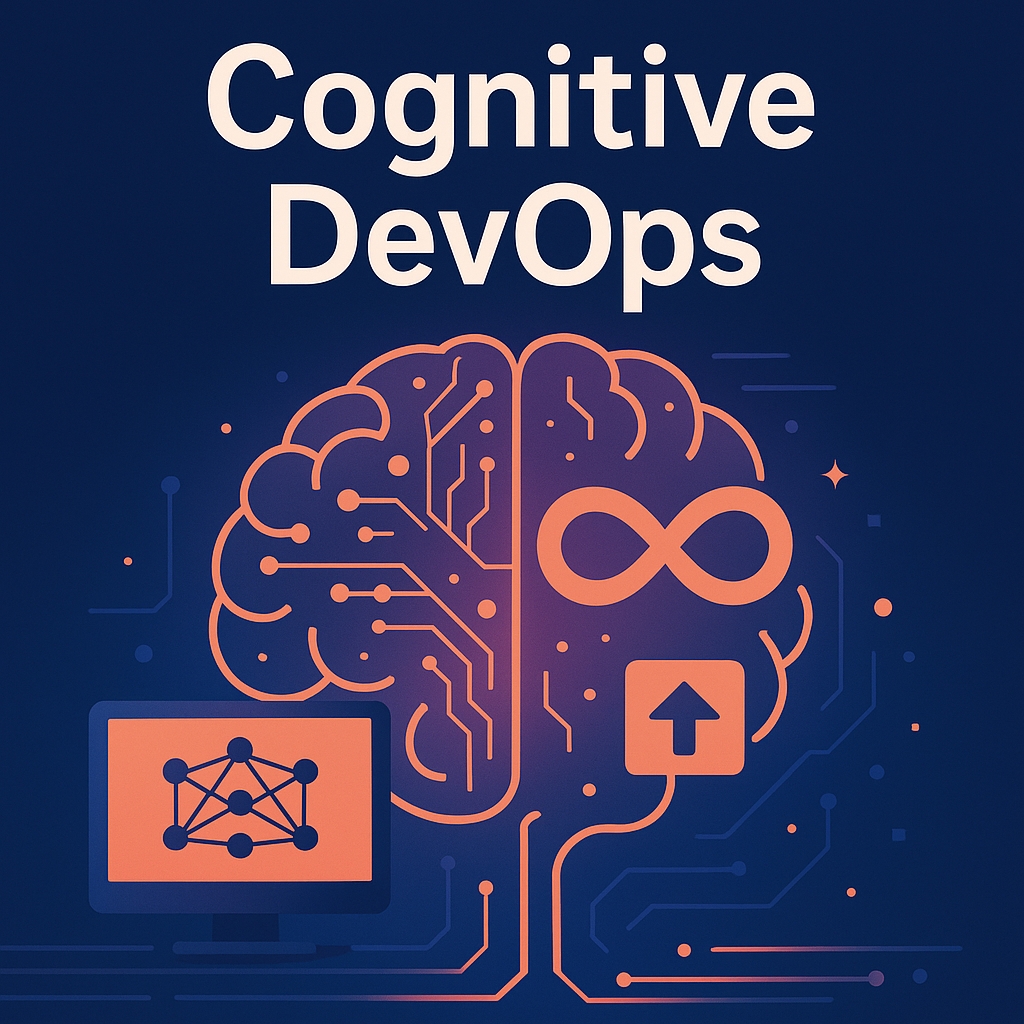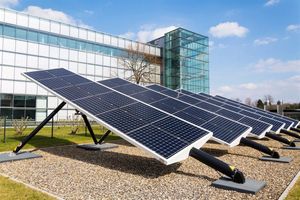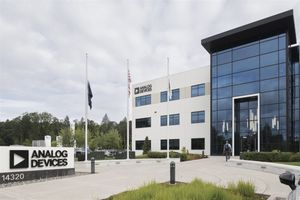
Mr. Selva Kumar Ranganathan introduces a Smarter DevOps Model Powered by Deep Learning and Continuous Feedback.
In today’s fast-paced digital environment, development teams are expected to deliver software faster, more reliably, and with fewer errors. But as systems grow in scale and complexity, traditional DevOps practices often fall short of keeping up with the dynamic demands of modern infrastructure and rapid release cycles.
To explore what lies beyond conventional automation, we had an in-depth conversation with Mr. Selva Kumar Ranganathan, a seasoned expert in software automation, AI integration, and intelligent systems. In this interview, he introduces Cognitive DevOps, a next-generation approach that enhances traditional DevOps by embedding deep learning models into the workflow. This method allows systems to learn from historical patterns, predict potential issues, and adaptively optimize deployments and operations in real time.
Cognitive DevOps aims not just to automate, but to elevate the decision-making process across the entire DevOps lifecycle. Through continuous feedback loops and data-driven insights, it empowers teams to move from reactive problem-solving to proactive and predictive operations.
In the following Q&A, Mr. Selva Kumar explains how this intelligent model works, what sets it apart, and why it could represent a major shift in how we think about software development, release management, and operational efficiency.

Q: Selva, your work on Cognitive DevOps is getting a lot of attention. What led you to focus on this area?
Selva: It started with a question about how we can go beyond automation. Traditional DevOps has done a great job of speeding up development and deployment, but it still requires a lot of human decision-making. I was interested in how deep learning could help workflows learn from past experiences and improve over time. Cognitive DevOps is about building systems that can identify issues, predict risks, and adapt to changes using real data. That’s what drew me in.
Q: In your paper “Cognitive DevOps: Applying Deep Learning for Intelligent Workflow Orchestration” what were the most important insights?
Selva: One key insight is that deep learning models can improve DevOps performance by predicting deployment risks, helping teams take corrective action early. In some test environments, we saw cycle time reduced by as much as 40 percent. Another takeaway is how AI can support better resource allocation and smarter test execution. For example, instead of running a full test suite, AI can suggest which tests are most relevant based on the latest code changes. That kind of precision helps reduce delays and unnecessary work.
Q: Your research on “AI-Driven Workflow Optimization in DevOps” also stood out. How do you see AI changing the way teams build and ship software?
Selva: I think AI is shifting DevOps from being reactive to being more predictive and proactive. Instead of waiting for an error to occur, we can now use AI to flag risky code changes or unusual patterns before they cause problems. AI can also help prioritize issues by impact, making it easier for teams to focus on what really matters. Over time, this leads to faster releases and fewer disruptions. It’s not about replacing people, but giving teams tools that help them make better decisions.
Q: Cognitive DevOps relies heavily on data. What are the main challenges companies face when trying to implement it?
Selva: Data quality is a major challenge. For deep learning models to work well, they need clean, consistent, and well-labeled historical data. That’s not always easy to get, especially in organizations with fragmented systems. Another challenge is cultural. Teams need to trust AI recommendations, which can be difficult if they don’t understand how the models work. Integration is also something to think about. AI needs to fit naturally into existing pipelines without creating too much overhead or complexity.
Q: You recently received the “Asia International Research Award” award. What did that recognition mean to you and your team?
Selva: It was a great moment for the whole team. It felt good to see our work being recognized, especially because a lot of what we’ve done has been experimental. The award gave us a chance to share what we’ve learned with a larger audience. More than anything, it encouraged us to keep going and explore what else is possible.
Q: How do you validate that deep learning models in Cognitive DevOps are actually improving workflows?
Selva: That’s an important step. We use a combination of historical benchmarking and A/B testing. For example, we compare release metrics like failure rate, rollback frequency, and cycle time before and after the model is introduced. In some cases, we run the model recommendations in parallel with the existing pipeline, but without acting on them at first, just to see if the predictions align with real outcomes. Over time, we collect enough data to confirm whether the model adds value or needs more tuning.
Q: What are some considerations when scaling Cognitive DevOps across larger organizations or multiple teams?
Selva: The biggest consideration is consistency. If teams are using different pipelines, tools, or data formats, it becomes hard to train and apply models effectively. Standardizing data collection and logging practices is a good starting point. You also need to think about model portability can the same model or logic be reused across different environments? And finally, training and onboarding are key. Teams need to understand how the AI layer works and how to respond to its suggestions. Scaling is as much about people as it is about technology.
Q: What trends do you expect to shape DevOps and deep learning over the next few years?
Selva: I think we’ll see more real-time intelligence built into DevOps tools. AI will be used to automate not just alerts, but also responses to issues, like adjusting configurations or scaling resources automatically. We’ll also see more focus on trust and explainability. Teams will want to understand why an AI system made a certain recommendation. Another trend is the growing connection between business metrics and DevOps metrics, where AI helps align software performance with customer outcomes.
Q: What kind of tools or platforms are essential when building a Cognitive DevOps pipeline?
Selva: It depends on the use case, but generally you need tools that support data collection, model training, and real-time inference. We’ve used platforms like TensorFlow and PyTorch for building models, combined with data pipelines in Apache Airflow or Kubeflow. For integration, tools like Jenkins, GitLab CI, or Azure DevOps still play a key role. The important thing is ensuring that the tools can communicate well and support automation across both machine learning and DevOps workflows.
Q: How does Cognitive DevOps affect collaboration between development and operations teams?
Selva: It actually improves collaboration because decisions become more data-driven and less subjective. For example, if a model flags a risky code change, it creates a clear talking point between developers and operations. Instead of debating opinions, teams can look at shared data and predictions. This encourages a more collaborative mindset, where both sides trust the system and work together to improve it. Over time, it builds a stronger feedback loop.
Q: Are there examples where Cognitive DevOps made a big difference in a real-world project?
Selva: Yes, we worked on a large-scale project for an e-commerce company where deployment issues were causing frequent rollbacks. After integrating a predictive model into their CI/CD pipeline, the system could identify risky changes based on past data and recommended rollback strategies before deployment. Within a few months, their rollback rate dropped by over 30 percent. It wasn’t about adding more steps, just making smarter choices with the help of data.
Q: How do you approach security within a Cognitive DevOps framework?
Selva: Security is always part of the conversation. We train models not only on performance and reliability metrics but also on security-related data, like past vulnerability patterns or authentication failures. AI can help identify unusual behaviors earlier, which makes incident response faster. But it’s also important to avoid over-reliance on automation. Human review and well-defined policies still matter, especially in high-risk areas like access control and data protection.
Q: How does monitoring change in a Cognitive DevOps environment?
Selva: Monitoring becomes more than just dashboards and alerts. With AI, we can add context to what’s being monitored. Instead of just showing a spike in CPU usage, the system can correlate it with recent deployments, user activity, or config changes. It also helps predict future issues instead of only showing what’s wrong right now. Monitoring becomes a feedback mechanism that supports learning, which is key for long-term reliability.
Q: What role does learning culture play in the success of Cognitive DevOps?
Selva: It’s huge. Teams need to be open to experimentation, because not every model or prediction will be perfect from day one. Success often comes from iteration testing, learning, adjusting. Also, there needs to be a culture of shared ownership across dev, ops, and data science. That means celebrating small wins, learning from failed models, and making AI feel like a team member, not just a black box. When people are encouraged to learn, the technology tends to improve along with them.
Q: Finally, what advice would you give to someone starting out in this field?
Selva: Start by learning the basics of both DevOps and machine learning. You don’t have to be an expert in both right away, but understanding how they connect is key. Build small projects to experiment and see what’s possible. There’s a lot of open-source tooling available that can help you get hands-on experience. Also, stay connected with the community, attend meetups or webinars, and keep learning. Things change quickly, and being curious makes all the difference.
Conclusion Note on the Interview with Mr. Selva Kumar Ranganathan:
In this insightful interview, Mr. Selva Kumar Ranganathan presents a forward-thinking vision for the future of DevOps through the introduction of Cognitive DevOps, a powerful fusion of deep learning, continuous feedback, and intelligent workflow orchestration. By embedding AI into every stage of the DevOps lifecycle, Selva's approach transforms software development from a reactive process into a proactive, adaptive, and data-driven discipline.
Key takeaways include the ability of AI to predict deployment risks, optimize testing, improve collaboration, and align technical operations with business outcomes. Selva emphasizes the critical role of data quality, cultural readiness, and cross-functional collaboration in successfully adopting Cognitive DevOps. He also shares real-world results, such as significant reductions in rollback rates and cycle times, showcasing the tangible value of this approach.
Ultimately, this interview marks a compelling shift in how software engineering can evolve, moving beyond automation to true intelligence-driven operations. Selva’s work not only redefines efficiency but also paves the way for more resilient, agile, and context-aware systems. For professionals looking to stay ahead, Cognitive DevOps offers both a roadmap and a mindset for the future of intelligent software delivery.
Media Contact
Company Name: CB Herald
Contact Person: Ray
Email: Send Email
City: Baltimore
State: Maryland
Country: United States
Website: cbherald.com






